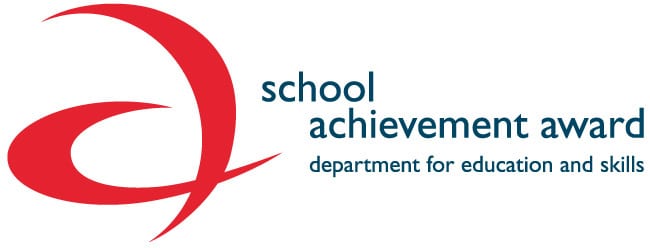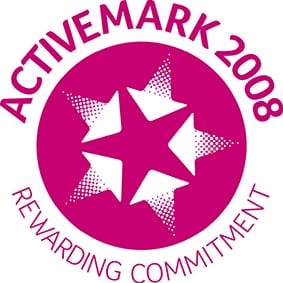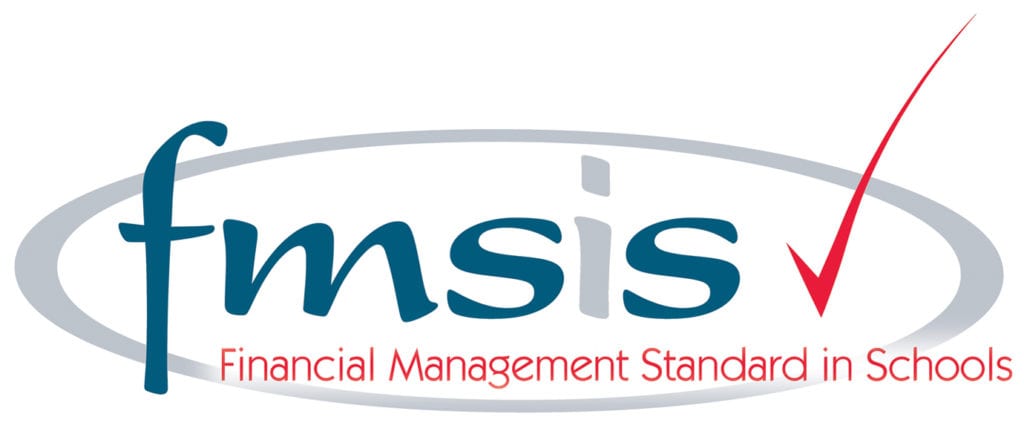Most children and young people in mainstream schools will have their special educational needs met through good classroom practice. This is called Quality First Teaching.
Early Identification of Need
In deciding whether to make special education provision to support educational, social, physical or emotional needs, we consider a range of factors including:
a) Any pupils who are falling significantly outside of the range of expected academic achievement in line with predicted performance indicators and grade boundaries will be monitored.
b) Once a pupil has been identified as possibly having SEN they will be closely monitored by staff in order to gauge their level of learning and possible difficulties.
c) The child’s class teacher will take steps to provide differentiated learning opportunities that will aid the pupil’s academic progression and enable the teacher to better understand the provision and teaching style that needs to be applied.
d) The SEN Coordinator will be consulted as needed for support and advice and may wish to observe the pupil in class.
e) Through (b) and (d) it can be determined which level of provision the child will need going forward.
f) If a pupil has recently been removed from the SEN register they may also fall into this category as continued monitoring will be necessary.
g) Parents will be informed fully of every stage of their child’s development and the circumstances under which they are being monitored. They are encouraged to share information and knowledge with the school.
h) The child is recorded by the school as being under observation due to concern by parent or teacher but this does not automatically place the child on the school’s SEN register. Any concerns will be discussed with parents informally.
i) Parent’s evenings are used to monitor and assess the progress being made by children.
SEN Support
Where a pupil is identified as having a special educational need we follow a graduated approach which takes the form of cycles of “Assess, Plan, Do, Review”.
This means that we will:
- Assess a child’s special educational needs
- Plan the provision to meet your child’s aspirations and agreed outcomes
- Do put the provision in place to meet those outcomes
- Review the support and progress
As part of this approach every child with SEN will have an individualised SEN Support Plan that describes the child’s needs, outcomes & provision to meet those needs. Parents/carers and child/YP (where appropriate) views are integral to the this process.
At Horndale County Infant and Nursery school we carry out termly assessment by staff who work together to moderate children’s work. The school uses a tracking system to analyse data and to identify gaps in children’s learning and to plan appropriate intervention when required. Different children require different levels of support to close the gap and achieve age related expectations. Sometimes, where children find it difficult to access our school’s assessment tool, we use PIVATS to celebrate the small steps of success and progress, as well as assist in providing individual next steps for the child.
Children may join Horndale with parents having a clear understanding of their child’s needs and as a school we see parents as partners in their child’s educational journey. In this case we work together with parents/carers, education, health and social care professionals and the child where appropriate to design an individualised SEN Support Plan that describes the child’s needs, outcomes and provision to meet those needs. Parents/carers and child/young person views are integral to the this process.
School staff may initially identify a concern the class teacher alongside the SENDCO and they will will discuss the child’s needs and a meeting with parents/carers and/or the child/young person would be arranged at the earliest opportunity. During this meeting a SEND Support Plan would be discussed with the parents concerns. Following this, a SEND Support Plan would be completed where appropriate and then shared with the parents. The next steps may require the involvement of specialist support or advice for example, Educational Psychology, SENDIASS (Parents Advice and Support Service) or another of education health and social care professional. It is important to understand that the involvement of professionals does not always seek to label or diagnose but to seek advice and strategies to enable a child person to reach their full potential.
A small percentage of children and young people with significant and/or complex needs may require an assessment that could lead to an Education, Health and Care Plan.
The purpose of an EHCP is to make special educational provision to meet special educational needs of the child or young person, to secure the best possible outcomes for them across education (SEND Code of Practice p.142). It is a legal document that describes a child or young person’s special educational, health and social care needs. We currently have no EHC Plans in school.
For more detailed information see the Local Offer
For further information please view or download our Accessibility Plan which can be found in the School Policies section of our website.







